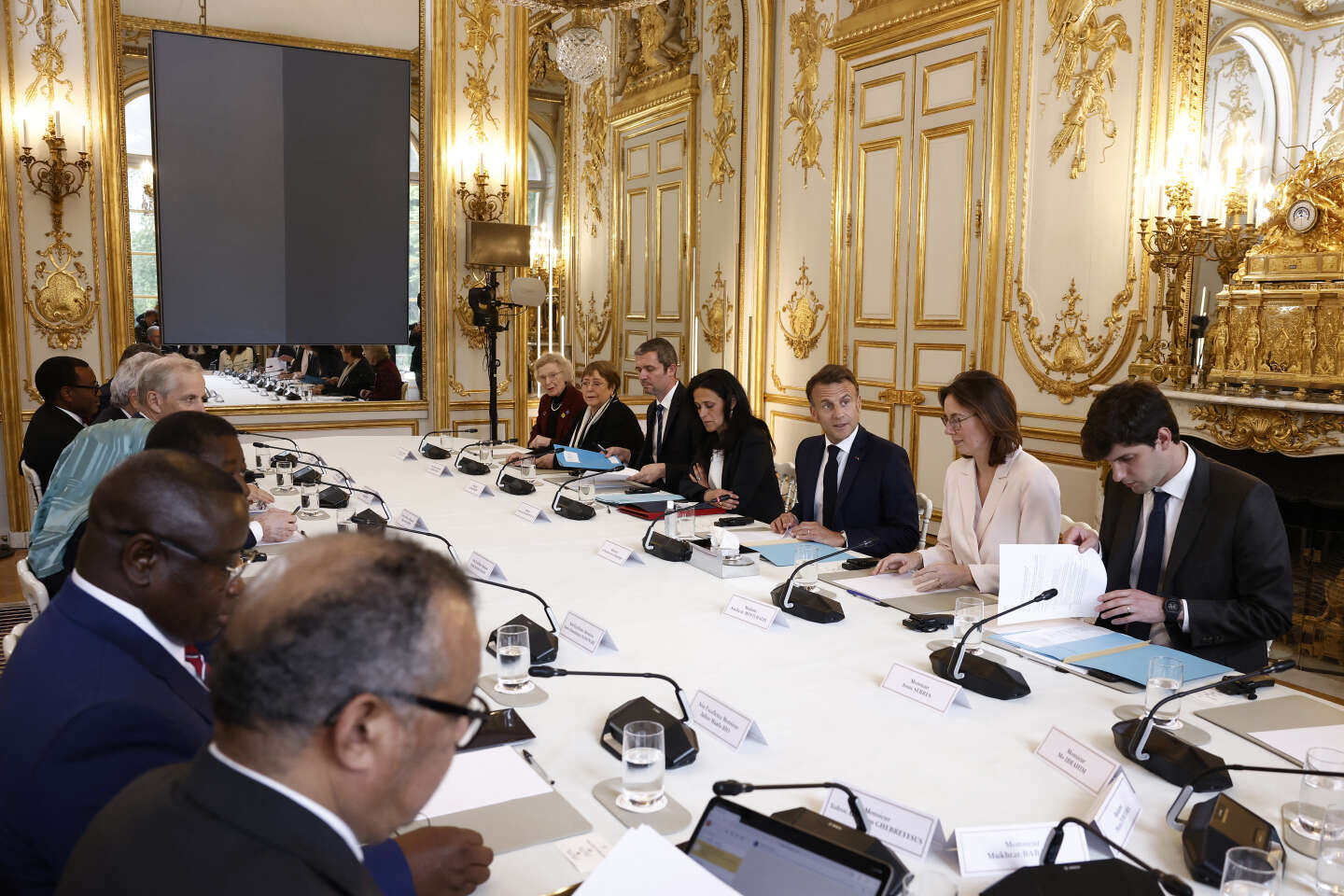Aact simultaneously in favor of the climate, health and the improvement of women’s living conditions. Few reasons unite such ambitions, and what’s more with concrete possibilities of success. This is precisely the case of “clean cooking”, i.e. those techniques that allow you to do without wood to cook food. Currently, 90% of Africans depend on a rudimentary cooking method: three stones around a hearth, where wood, charcoal or manure burns. The women spend much of their time gathering wood and supervising the endless cooking. They and their children breathe toxic gases.
In addition to the 500,000 premature deaths per year from respiratory diseases, there are also the effects of deforestation linked to the need for fuel. For this reason, the summit organized on Tuesday 14 May in Paris by the International Energy Agency (IEA), in the presence of around twenty African heads of state and government, deserves to be welcomed.
Beyond anecdotal appearances, the issues are considerable: they affect the quality of life and health of women, but they are also environmental. Eliminating traditional cooking practices by 2030 would reduce greenhouse gas emissions by an amount equal to those generated in a year by shipping and aviation combined. According to the IEA, 4 billion dollars (3.7 billion euros) per year would be enough to finance African families’ access to “clean cooking” by the end of the decade. As for alternative solutions, there are these closed fireplaces that consume less fuel or these solar, gas or electric stoves.
But the obstacles are numerous. There is indifference on the part of many African heads of state towards an issue which, in fact, concerns above all women. The latter often struggle to abandon their ancestral cooking habits when “improved stoves” are put at their disposal.
There is a need for real public policies
In recent years, the financing of such equipment through the sale of carbon credits to companies wishing to offset their CO emissions2 it has developed. States are also trying to meet their climate commitments through aid for “clean cooking” methods in Africa. Advantageous for the image, these processes pose a moral and political problem: can we “buy” the right to continue polluting? – and offer only a fraction of the necessary financing. Claimed climate outcomes also appear to be vastly overestimated.
An instrument of decarbonisation and women’s emancipation, and therefore a lever for development, the improvement of cooking systems requires real public policies in African countries, supported by financing states and international institutions such as the World Bank.
New funding commitments of $2.2 billion were announced at the Paris conference, more than half of which came from the private sector. Having managed to put such a progressive issue on the table of international discussions represents an undeniable success. The sustainability of the funding and its relevance remain to be guaranteed. This probably involves a change of approach which constitutes a new challenge: instead of the current logic based on an offer of more or less adapted materials, it is a question of starting from the real needs of African women.
